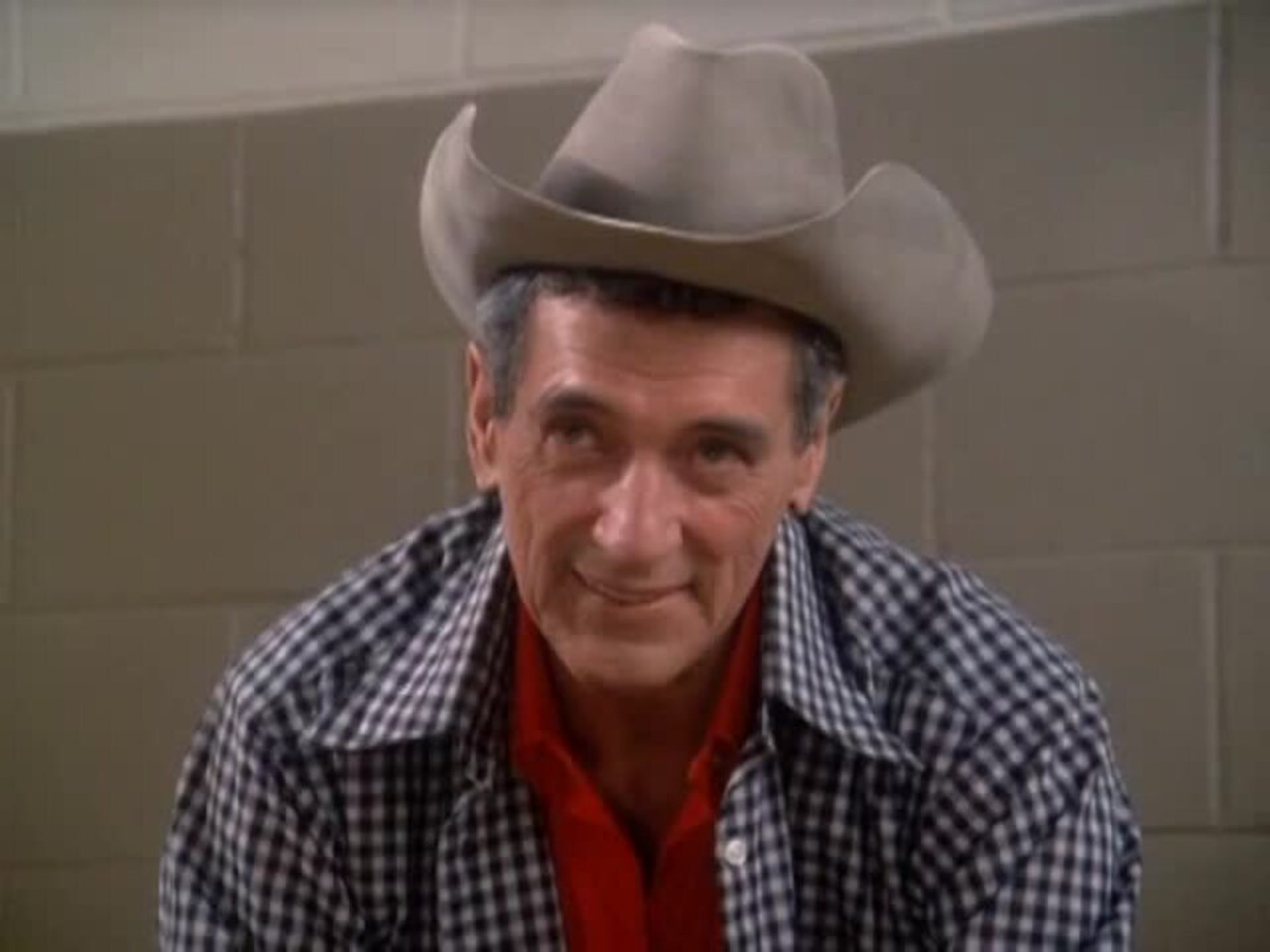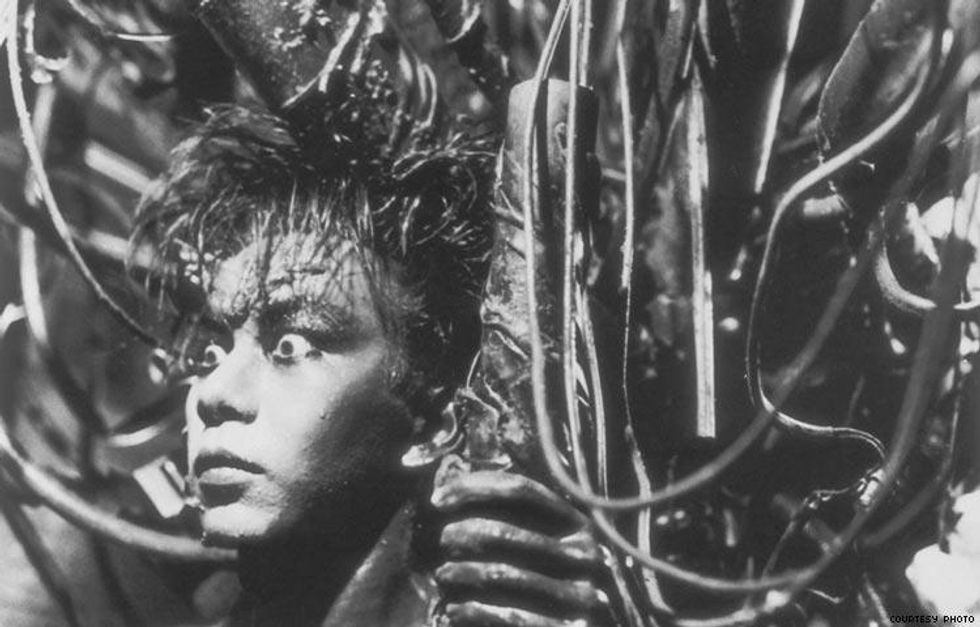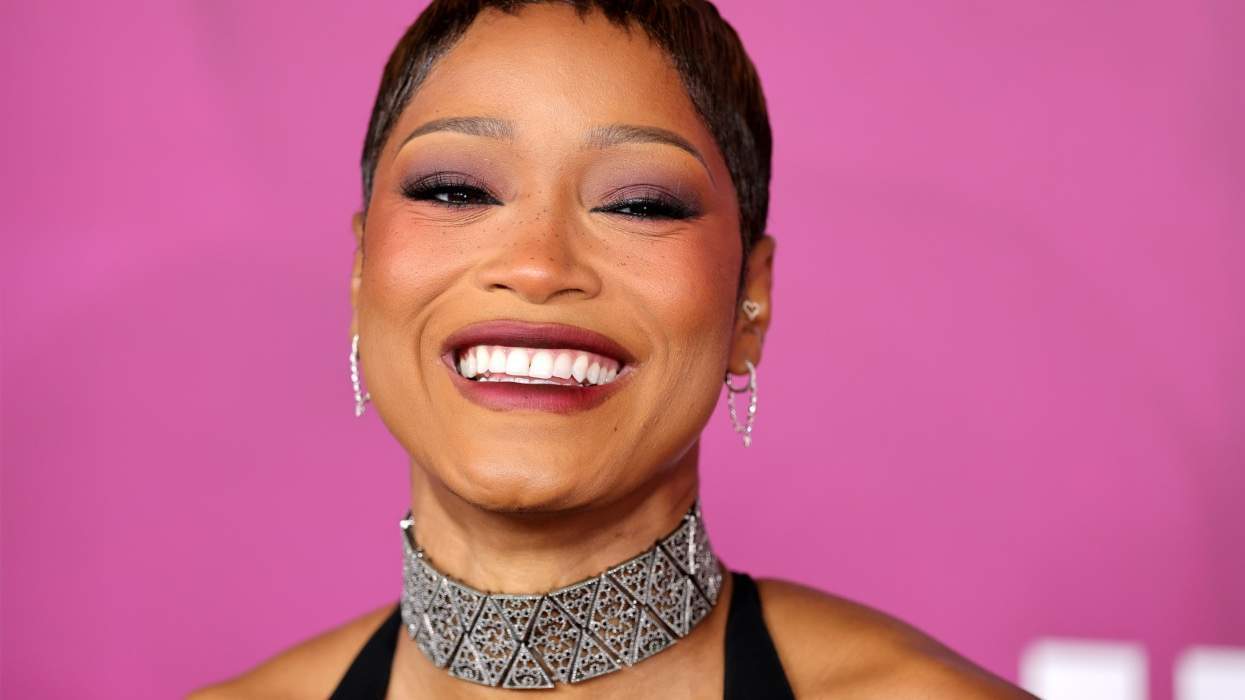Dirty Looks: On Location is an exciting, alternative arts festival offering an event every night in July. The festival engages with historic queer locations across Los Angeles and brings new life and meaning to them by screening films and offering performances by artists including Zackary Drucker, Maya Deren, and Gregg Araki. The Advocate spoke with Bradford Nordeen, the founder and creative director of the event, about what makes this festival so playful, provocative, and intriguing.
The Advocate: This festival is very aware of the disappearing queer landmarks in L.A. Why is it important to reactivate those locations?
Bradford Nordeen: Sometimes it's weird to talk about "history" because it kind of tucks it away, right? I've lived in Silver Lake on and off for over a decade, and the everyday queer spaces that have closed in that time have completely transformed the landscape -- El Conquistador, the Flying Leap, and the Other Side. Nearly all the places I would go to regularly -- my local queer businesses -- are gone. That's history. So is Cooper's Donuts. And to put these extreme time gaps next to each other puts the present into an interesting perspective. Talking about queer landmarks or "historical space," or not talking but bringing people back into these spaces, adds an experiential layer to learning about those pasts that's distinct from reading about it in a book. On Location has its little book, of course, and provides that background info in our printed programs -- our screenings or performances directly activate or play off their venues -- but to actually occupy or allow that space into your ... muscle memory ... well. that's a different kind of learning.
The programming runs at the same time as Outfest. Was this a conscious decision of counterprogramming? What does this festival offer that Outfest doesn't?
Dirty Looks: On Location started in New York and it launched there in July of 2012. The summer vibe meant a few things for the program -- on the one hand, New York in the summer becomes a kind of ghost town when the bulk of its inhabitants skip off to the Hamptons or Fire Island. The series was launched with those who remain in mind, the working artists and queers who people that city and needed something fun and festive to do in the summer months. Summer lends something of a casual or celebratory air to the events as well. I've worked at Outfest for the past four years, actually, running the Platinum program. I saw what worked within their festival framework and what kinds of screenings lay outside of what you can accomplish in that context. I did this amazing project with Rafa Esparza in 2014 in east L.A. that commemorated the site of a former bathhouse. It was much more akin to what we're doing here, and its demographic was really different from the folks who would come to my Outfest screenings at REDCAT. It made me realize that ours is actually a different audience, and we decided not to shift the timing of the series and to instead focus on that inclusion. You can dip between an Outfest premiere and a late-night screening at the Eagle LA! Why not?
Watch the trailer for Dirty Looks: On Location.

Tell me about the curation process. How does the collaboration between the 13 artists on the committee work?
We had a few dinners and meetings, talking abot history of L.A. but also of the project. What has worked and what hasn't. Most of the events evolved from these conversations, really. Each curator worked in their own distinct way, and I think it was exciting to collaborate with a wide range of people this time -- like Coaxial, who is bringing a lot of experimental music to the table, in lieu of just queer experimental film. Then after a few months we brought all these ideas to a curatorial advisory committee run by Ron Athey and Vaginal Davis, academic Jennifer Doyle and MOCA curator Lanka Tattersall. It was fun watching them go over the ideas, because I get excited about the production aspects of an event, but they really fine-tuned the overall vision of the project and how everything could possibly fit together.
Why did you want to include performance as an aspect of this festival in addition to films?
There are certain communities or pasts that film does a great job of highlighting, and others not as much. Because film is a costly endeavor, what ends up in theaters or museums often tells the side of history of people with access. I don't really discriminate between forms of self-expression. What I'm interested in is the message, which is why I love the catchall "time-based art," because it's promiscuous. And sometimes the two can be combined, like our rescoring of Tetsuo: The Iron Man at Akbar, which allows synth pioneers Lauren Bousfield and Naomi Mitchell to celebrate a film they love but also highlight the ways in which it speaks to them as trans women and guide our experience of the film through their transformation of it.
How do you think work of queer experimental filmmakers you showcase will impact future LGBT filmmaking?
I think the more we are aware about what came before us, the more empathy and compassion we can bring to the world. That sounds kind of hippie, but look at the current political state of affairs! The work that we're screening and the spaces that we are engaging -- none of these events offer literal reenactments of those histories. If anything, I think our programs ask more questions than they provide clear-cut answers -- in a way that's critical but also kinda playful. And that's fabulous to me! I want to get filmmakers, artists, and viewers thinking about their own histories and their bodies as they go forward because they're going to make history that we're commemorating with this project.
How do you think this series will impact the contemporary queer community?
Well, we're in a funny time, aren't we? I'm a huge fan of RuPaul's Drag Race, and what was once a weird broadcast bubble of brown queer utopia has evolved into a VH1 lifestyle brand. It doesn't really reflect the queer community that I know in a way that it once did, and that's hard for me; I've been watching since season 1. And the queer community in some ways has started to bend to it. I go to the Eagle every week to watch, but I think providing similar social events that present alternative perspectives can instigate different conversations or excite people about parts of their past that they weren't necessarily aware of, or introduce viewers to performers or filmmakers that they wouldn't have known. I like being subversively educational -- I'm a big nerd who likes to go out at night. Why can't we have it both ways?
What event are you most excited for?
I love all my children! But I was really thrilled when the proposal came through for Hustler White at the Studs. I had actually wanted to do that exact screening some years back but never got around to it. It just makes so much sense to me, to show that movie in like the OG porn palace on Santa Monica Boulevard, the strip where the film was shot. And I'm excited to see Gregg Araki's Nowhere on 35-millimeter for the first time, after watching it a hundred or so times over the years on VHS. There's so much! Like, curator Joe Rubin made a 4k restoration of The Dark Side of Tomorrow, a commercial movie about a lesbian relationship made by a lesbian filmmaker in 1970, or the drag reenactment of All About Eve (All About Alice) from '72. And venue-wise, I'm thrilled we're bringing lesbian bars back to L.A. with our tribute to Laura Aguilar at the former site of Plush Pony or La Chica Boom at Redz. Just paying homage to spaces like L.A.'s longest running gay bar, the Bullet Bar in North Hollywood, is a thrill. But I guess that's more than one event, huh? I get carried away.
Find out more about Dirty Looks: On Location.
















